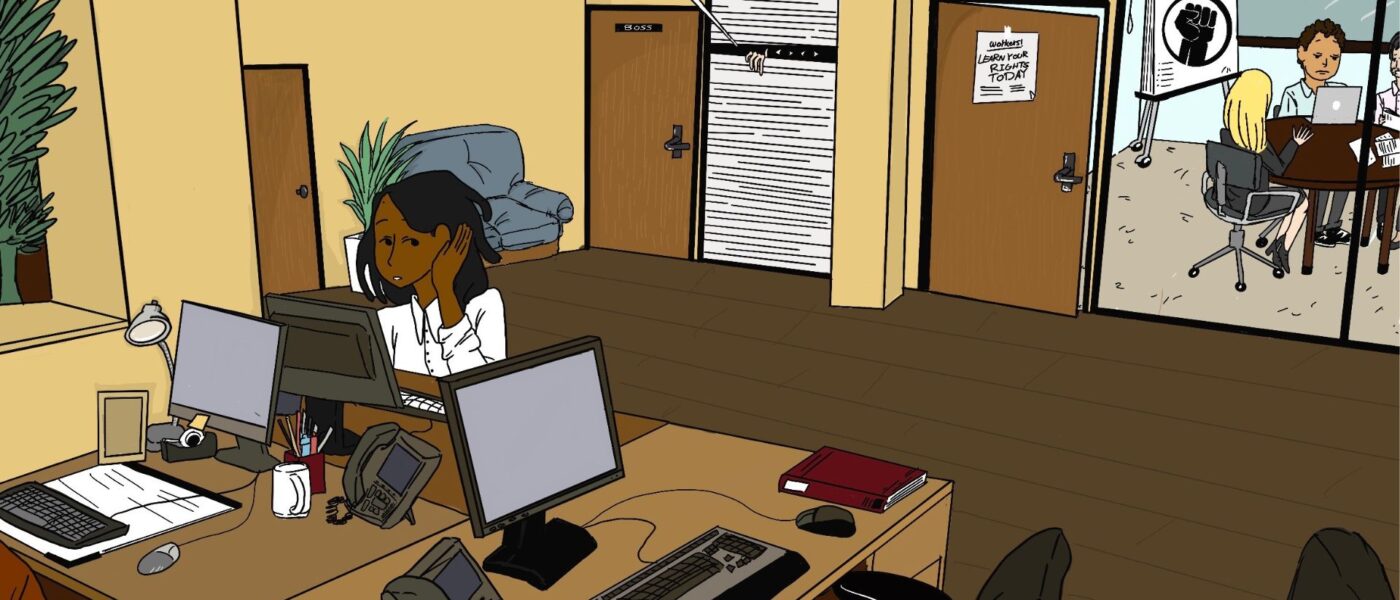The Importance Of Unions In The Workplace
It’s likely you’ve heard about the waves of unionization attempts throughout the nation.
From airports to zoos, unions appear to be on the rise. What does that mean for the average worker?
A union is a collective group of employees that work to preserve and expand worker rights and benefits. This is often accomplished through negotiation and communication between union representatives and employers.
While most unions work seamlessly, a failure of communication between a union and an employer can lead to strikes which hinder a company’s productivity or even damage the economy.
Early unions were horrifying undertakings. Without legal alternatives, workers set fire to factories, blew up machines, and occupied workplaces. In some cases state militias or even company mercenaries got involved and workers were killed fighting for their rights.
Thanks to their sacrifice we now have legal and nonviolent ways of unionizing.
In fact, setting up a union in your workplace is very straightforward.
The first and most essential step is to communicate with your workers to establish a support network, discuss benefits and develop organization.
Once you’ve discussed forming a union with your coworkers, the next step is to speak with a union organizer. Although not necessary to establish a union, experienced organizers can help the process go by easier. In Florida, we have organizations such as the American Federation of State County and Municipal Employees—which have represented workers since the Great Depression.
Once you are ready, the third step is to set up a committee with your coworkers and begin the voting union process. Florida requires at least 30 percent of your workplace to sign a union card before the petition is sent to the National Labor Relations Board for approval.
If all goes well, you will have created a strong union that will represent your interests as a worker by advocating for safer workplace conditions, higher wages, paid leave, job security and protection from discrimination.
Unionizing, however, is still not a completely safe process.
Many companies continue to fight tooth and nail to keep workers from unionizing—even if this right is protected by law.
While these companies aren’t using armed militia anymore, they do engage in union-busting tactics such as terminating the contracts of union leaders, preventing employees from discussing pay and unionization or giving docking hours as punishment.
If this happens, the best thing you can do as a worker is contact the NLRB. Already, companies like Starbucks have been under fire by the organization for their unethical union-busting tactics.
Unions are an extremely important tool for us to employ in the workforce.
They can help us open communication between employees and employers and help secure essential worker rights. Even if you are making minimum wage or feel like it’s not worth the risk and effort, think of your coworkers and the people who rely on these jobs to live.
You have nothing to lose but your eleven dollars-an-hour position.


